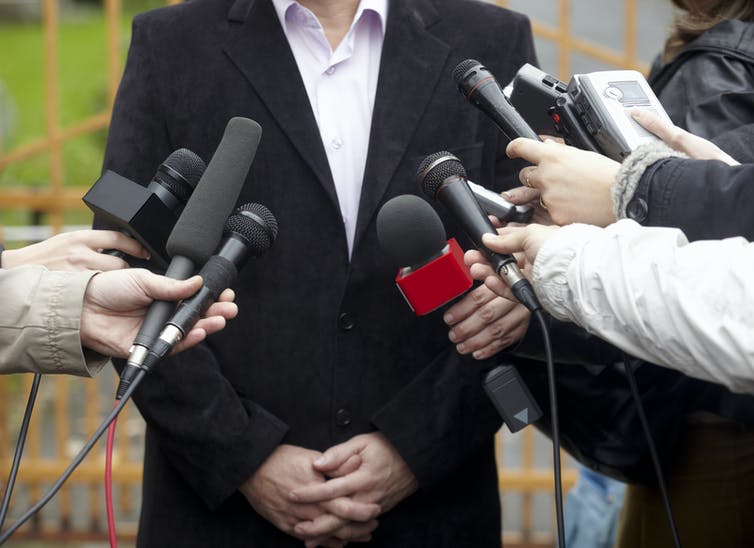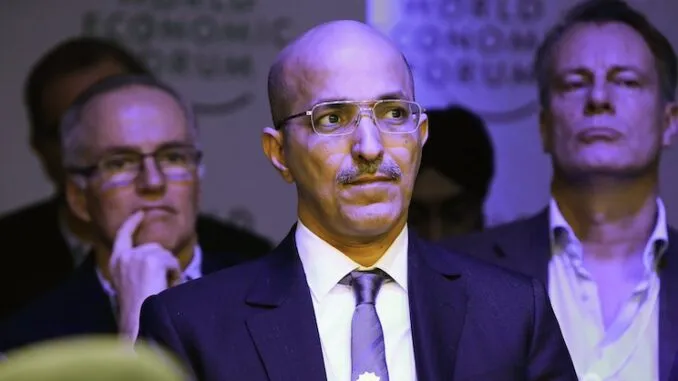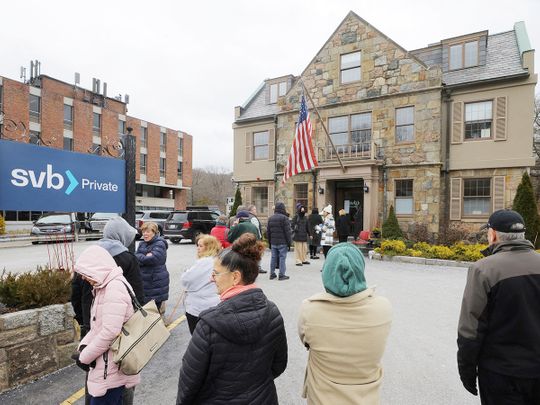Fact-checkers are supposed to help us separate truth from lies, but are they really unbiased? In this article, we'll explore the credibility of fact-checkers and whether or not we should put our faith in them.
In today's world, where information is easily accessible and spreads rapidly through social media, it's becoming increasingly difficult to distinguish truth from falsehood. As a result, the need for fact-checkers has grown tremendously. These individuals and organizations claim to separate truth from lies, providing us with accurate and trustworthy information. But, can we really trust them? How do they determine what's true and what's not? And, are they unbiased? In this article, we'll explore these questions and more as we examine the credibility of fact-checkers.
What are Fact-Checkers?
Fact-checkers are individuals or organizations that verify the accuracy of information, statements, or claims. They examine news articles, speeches, social media posts, and other forms of information to ensure that they are factual and not misleading. Fact-checkers use various methods, including analyzing sources, interviewing experts, and conducting research to determine the truthfulness of a claim.
The Need for Fact-Checkers
In today's world, where misinformation and fake news are prevalent, fact-checkers play a crucial role in ensuring that we receive accurate information. They help us separate truth from lies, debunk false claims, and correct misinformation. Fact-checkers also hold public figures and organizations accountable for their statements and claims, making it difficult for them to spread false information.
However, the need for fact-checkers has also become a source of controversy. Some people believe that fact-checkers are biased and unreliable, often promoting their own political agendas. Let's examine this claim in more detail.
The Credibility of Fact-Checkers
One of the biggest criticisms of fact-checkers is that they are biased. Some people believe that fact-checkers are more likely to label a statement false if it goes against their political views or beliefs. Others argue that fact-checkers are too quick to label something as true or false, without considering all of the evidence.
While there have been instances where fact-checkers have been accused of bias, most reputable fact-checking organizations strive to be unbiased and impartial. They use rigorous methods to determine the accuracy of a claim, relying on evidence and expert opinions rather than personal beliefs or political affiliations. Fact-checking organizations also have strict editorial policies and procedures in place to ensure that their work is accurate and unbiased.
How Fact-Checkers Work
Fact-checking organizations use a variety of methods to determine the accuracy of a claim. These include:
- Analyzing sources: Fact-checkers examine the sources used to support a claim to ensure that they are reliable and credible.
- Conducting research: Fact-checkers conduct research to gather additional information and evidence to support or refute a claim.
- Interviewing experts: Fact-checkers may interview experts in a particular field to get their opinion on the accuracy of a claim.
- Checking the context: Fact-checkers examine the context in which a claim was made to determine whether it was accurate in that specific situation.
Frequently Asked Questions about Fact-Checkers
- Are fact-checkers always right?
No, fact-checkers are not infallible. They can make mistakes or misinterpret information, just like anyone else. However, reputable fact-checking organizations strive to be as accurate as possible, using rigorous methods to verify the information.
- Are fact-checkers unbiased?
While there have been instances where fact-checkers have been accused of bias, most reputable fact-checking organizations strive to be unbiased and impartial. They use rigorous methods to determine the accuracy of a claim.
- Can I trust fact-checkers?
It's important to remember that fact-checkers are human, and they can make mistakes. However, reputable fact-checking organizations have strict editorial policies and procedures in place to ensure that their work is accurate and unbiased. It's always a good idea to check multiple sources and use your own judgment when evaluating information.
- How do I know if a fact-checking organization is reputable?
Look for organizations that are transparent about their methods and sources, and that has a track record of accuracy. Some reputable fact-checking organizations include FactCheck.org, PolitiFact, and Snopes.
Conclusion
In today's world, where misinformation is rampant, fact-checkers play a crucial role in helping us separate truth from lies. While there have been instances where fact-checkers have been accused of bias, most reputable fact-checking organizations strive to be unbiased and impartial. They use rigorous methods to verify information, relying on evidence and expert opinions rather than personal beliefs or political affiliations. Ultimately, it's up to us as individuals to be critical consumers of information, using multiple sources and our own judgment to evaluate the accuracy of claims. So, next time you come across a claim that seems too good to be true, remember to check the 'fact-checkers'.
I'm reaching out to ask for help in raising funds to purchase a modest, dependable used car. Having a vehicle would not only restore my independence but also allow me to engage more actively in my community and maintain essential aspects of daily living.
Help Chris Regain Independence with a Reliable Vehicle at GoGetFunding


